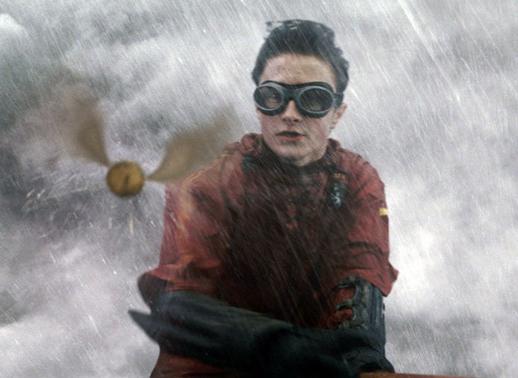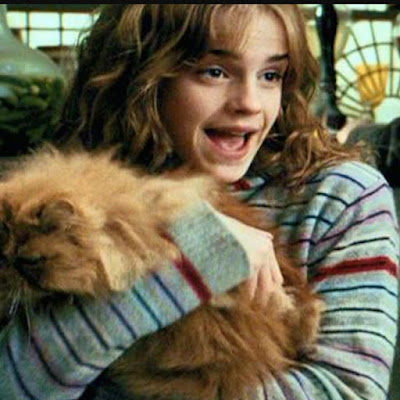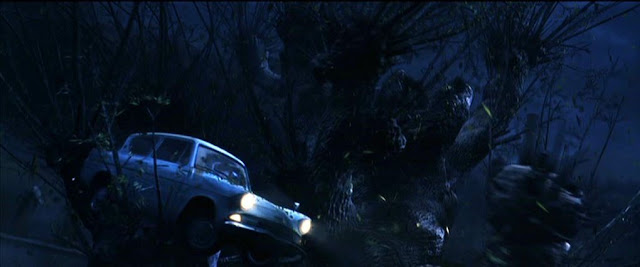Essay: Expecto Quidditch

While games—mock battles—segueing into genuine battles is a theme throughout the seven-book Harry Potter series, Harry’s third year in school is set apart as the only one in which he plays a complete Quidditch season. Harry grows to see Quidditch—his chief metaphorical war—and learning to conjure a Patronus—something he needs to fight a genuine war—as essentially interchangeable. One contributes to success in the other in an infinite magical feedback loop. After Christmas, Oliver Wood talks to Harry about whether he will be fit to play Quidditch, since Harry fell to Dementors in the previous match. Harry assures him that Lupin is teaching him to ward off Dementors, reinforcing the idea that Harry is training for battle. He specifically frames the anti-Dementor lessons as something to succeed at Quidditch, metaphorical war. During these lessons, Harry must use a happy memory to conjure a Patronus, no mean feat for someone with his history. Lupin tells him that he fears fea



